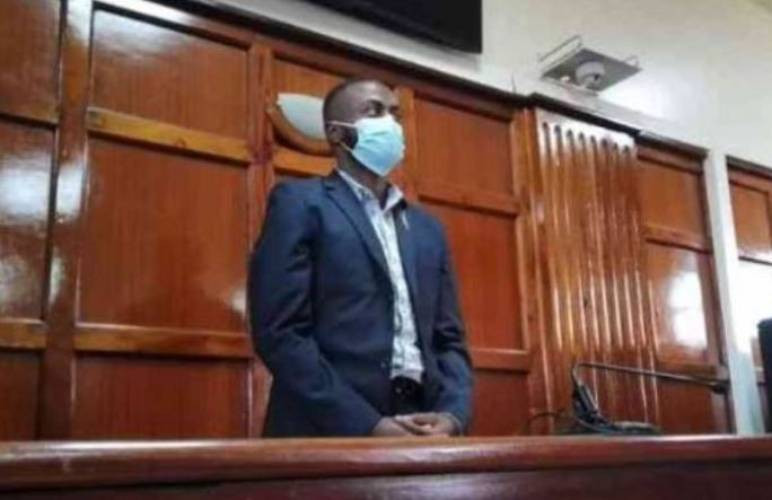×
The Standard e-Paper
Kenya’s Boldest Voice

The sentencing of Joseph Irungu, alias Jowie, to death by the High Court has ignited a wave of reactions across the country.
The verdict, delivered by Justice Grace Nzioka on Wednesday, March 13, has sparked a debate about the legality of the death sentence.